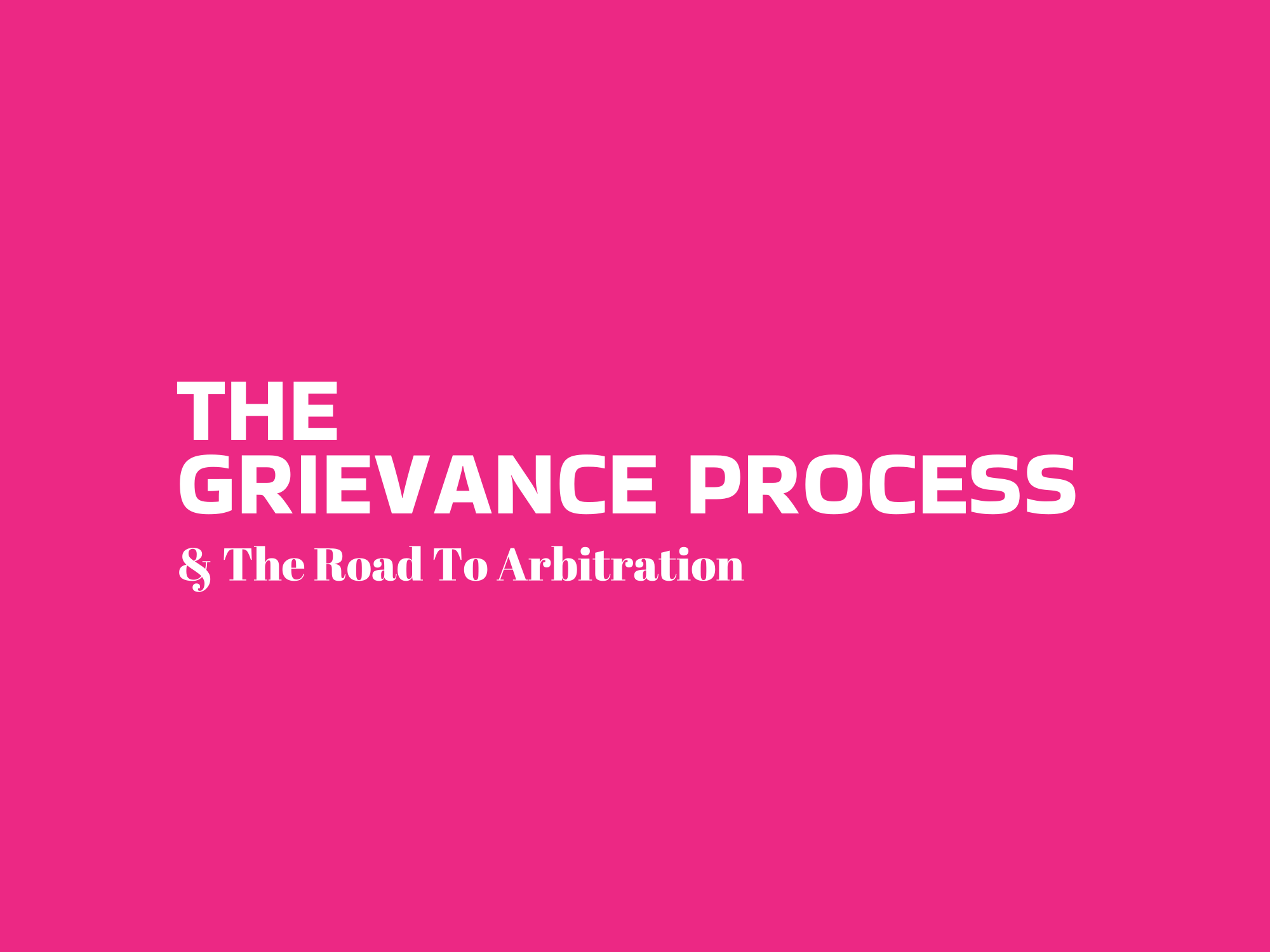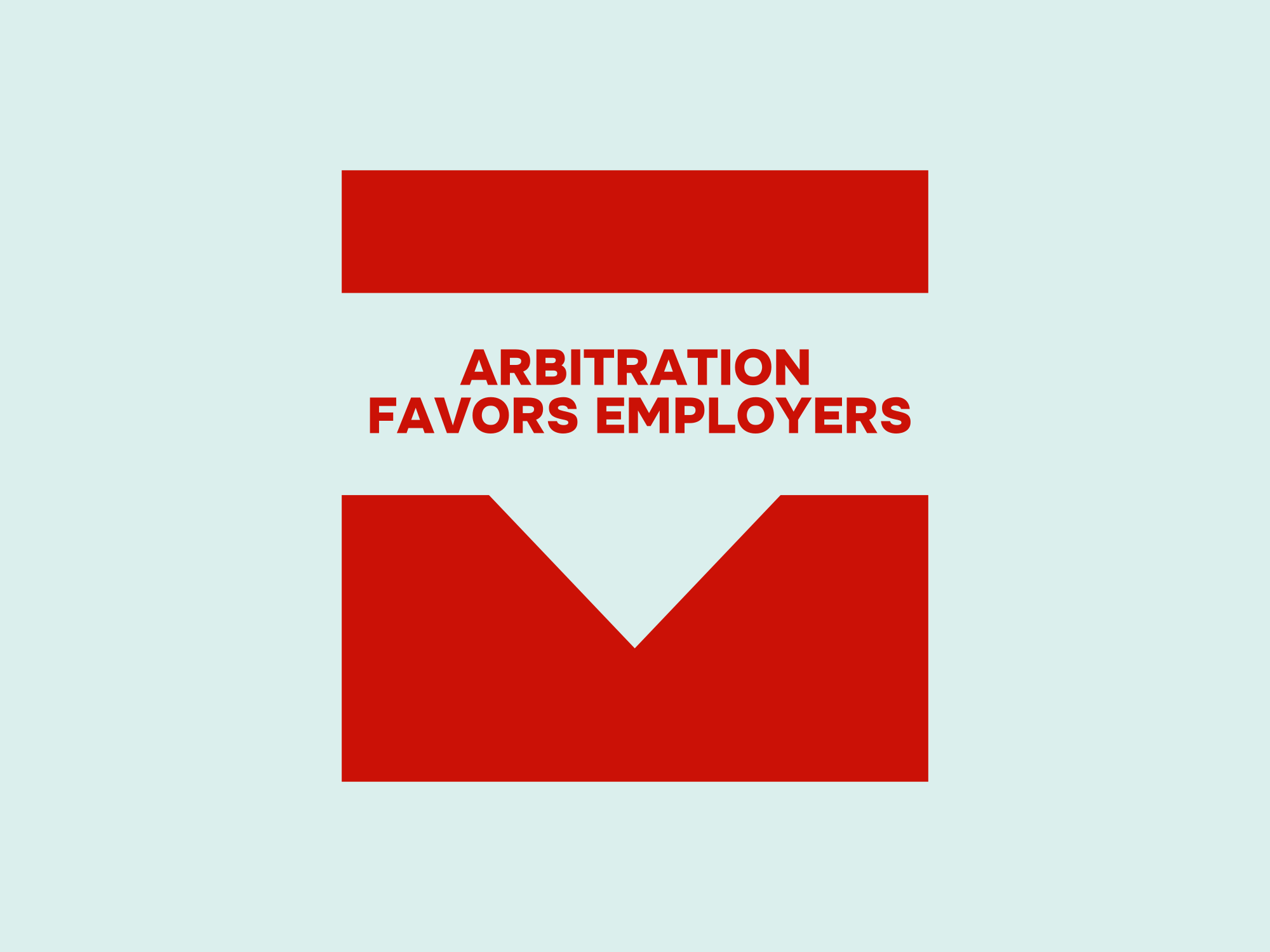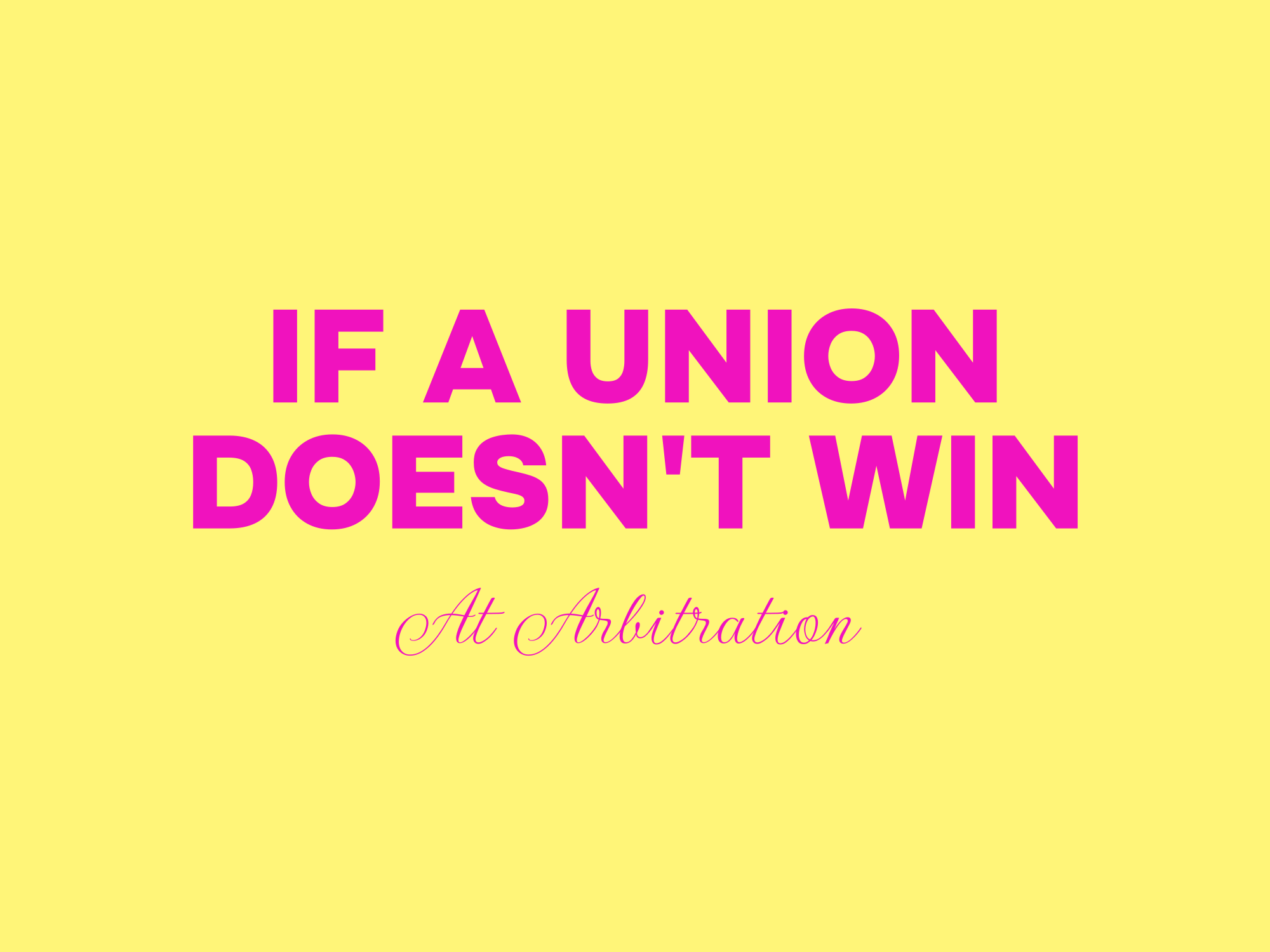Arbitration
Labor relations and the arbitration process
Labor relations and the arbitration process play a crucial role in ensuring fairness and resolving disputes between employers and employees. In a nutshell, labor relations refer to the interactions between employers and employees, including the negotiation of wages, benefits, and working conditions. When conflicts arise in the workplace, the arbitration process can be used to reach a resolution. Arbitration involves a neutral third party who listens to both sides of the dispute and makes a binding decision to settle the issue.
One of the key benefits of the arbitration process is that it provides a faster and more cost-effective way to resolve disputes compared to going to court. Arbitration is also private, which means that the details of the case are not made public. This can help preserve the relationship between the employer and the employee. Additionally, arbitration decisions are usually final and binding, which means that both parties must abide by the outcome, leading to a quicker resolution of the conflict.
Overall, labor relations and the arbitration process are essential components of a well-functioning workplace. By promoting open communication and providing a mechanism for resolving disputes, they help create a positive work environment where employees feel valued and respected. Employers and employees should work together to ensure that labor relations are fair and productive, and utilize the arbitration process when conflicts arise to find a resolution that benefits both parties.

The grievance process within labor unions often suffers from inefficiencies, resulting in delays and frustration for union members seeking resolution to workplace disputes. Additionally, the cost associated with arbitration further compounds these challenges, limiting access to justice for those involved. With the current system proving to be slow and costly, there is a growing need for a more efficient and cost-effective alternative for labor unions to consider. One potential solution could be the implementation of a streamlined mediation process, where trained mediators facilitate negotiations between parties to reach mutually agreeable resolutions. Mediation has proven to be successful in resolving conflicts quickly and economically in various industries, offering a viable alternative that can potentially save time and resources while promoting harmony within the organization. By exploring alternative dispute resolution methods such as mediation, labor unions may be able to overcome the shortcomings of the traditional grievance process and arbitration, ultimately fostering stronger relationships between employees and employers.

It’s not unusual for employers and unions to reach a deal right before arbitration. Both sides know that arbitration can be costly and lengthy. Last-minute agreements often save time and resources. They can reflect a compromise that addresses major sticking points. When tensions run high, the threat of arbitration can motivate both sides to negotiate seriously. This often leads to solutions that might not have been considered earlier. The urgency of the situation can spark effective discussions that benefit both parties.

Employers often win more arbitration cases than labor unions due to several factors. They usually have more resources to prepare for cases. Employers can hire experienced legal teams who understand the system well. Unions often face budget constraints, limiting their legal aid. Additionally, arbitrators may lean towards employers because of their familiarity with corporate practices. Employers can also choose the arbitration venue, which might favor them. Unions often rely on precedent, while employers can adapt their strategies to current trends. This combination gives employers an edge in many arbitration disputes.

For a union in arbitration, preparation is key. Research past cases to understand successful strategies. Gather all relevant documents early to avoid delays. Clearly outline your objectives and goals before the hearing. Ensure that all representatives know the facts and are ready to argue effectively. Listen carefully during the process, as this can reveal important information. Follow up with a written summary of the arbitration results and share it with all members. This keeps everyone informed and strengthens unity.
